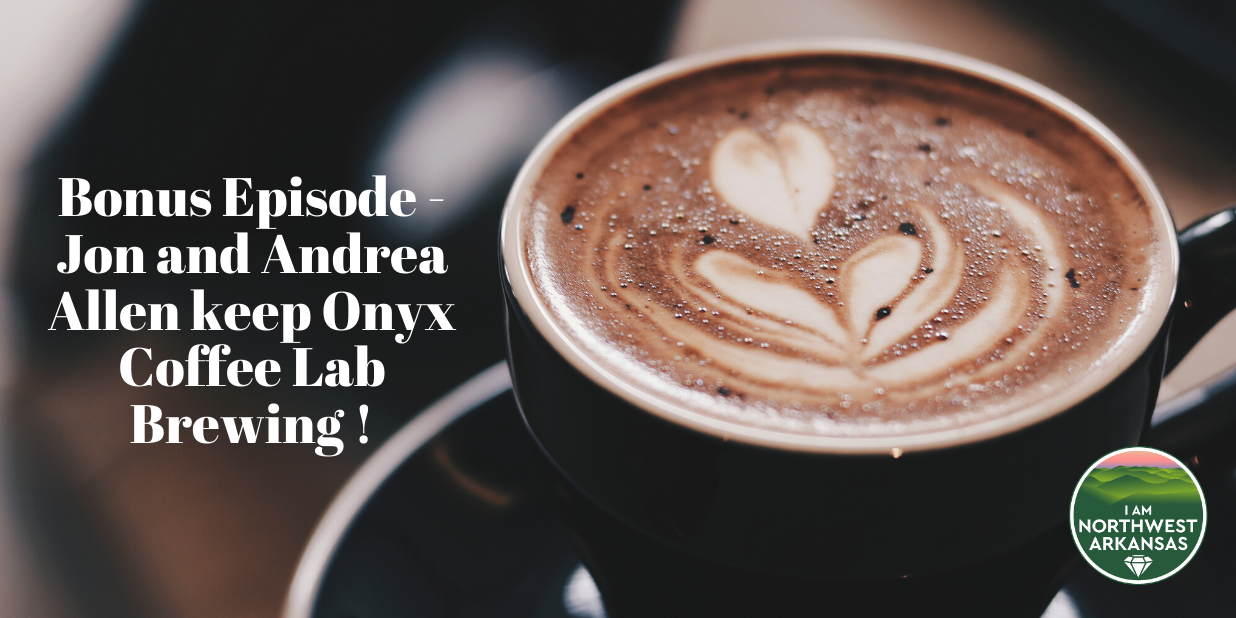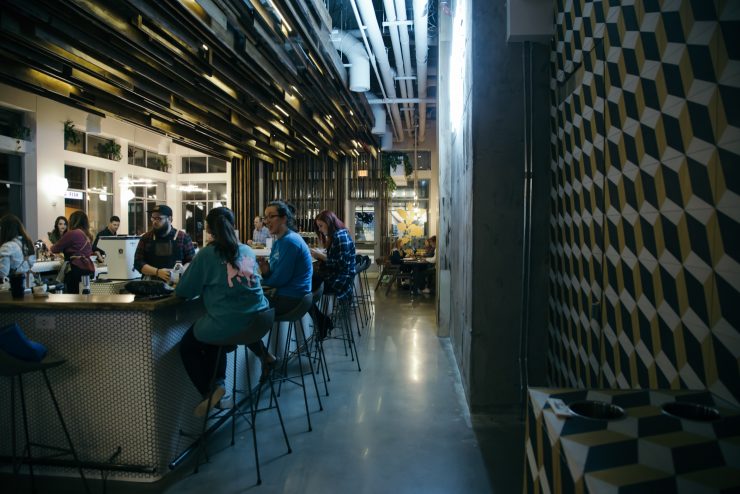

Intelligentsia Coffee & Tea, Organic Ethiopia Tikur Anbessa, California

Huckleberry Roasters, Ethiopia Sidama Ardi, Colorado
Onyx coffee lab banko gotiti full#
Here is the full list of 2018 GFA finalists, with the roaster’s home state listed, in the coffee category:Īndytown Coffee Roasters, Ethiopia Idido, Californiaīackyard Beans Coffee Company, Ethiopia Yirgacheffe Konga, Pennsylvaniaīig Creek Coffee Roasters, Ethiopia Gedeb, Montanaīlack Oak Coffee Roasters, Ethiopia Hambela Alaka, Californiaīlueprint Coffee, Ethiopia Hambela, MissouriĬaffe Ladro, Ethiopia Hambela Kirite Organic, WashingtonĬompelling Coffee, Ethiopia Banko Gotiti Coffee, Californiaįlight Coffee Co., Ethiopia Amaro Gayo, New Hampshire Whatever the reasons may or may not be, the results are especially clear this year.
And/or the timing of the Ethiopian harvest season aligns well with the timing of the awards program. Ethiopian coffees have found great success at GFAs in the past, encouraging roasters to submit them in hopes of similar results. Natural process coffees often excel in coffee competition settings due to their often distinct and dramatic flavor characteristics. Ethiopia lends itself particularly well to the certification requirements regarding sustainable sourcing according to the GFA evaluation criteria. Ethiopian and some other East African coffees are known to maintain their positive attributes throughout a longer shelf-life after roasting, which can come into play during competition timing. Ethiopia produces exceptional coffee in the first place. The reasons Ethiopia is so heavily represented on the list are potentially many, but if we may speculate, they might include: The lone outlier on the list a Peruvian coffee roasted by Chicago’s Metric Coffee, which should perhaps win a GFA on principle alone. The majority of the finalists are natural-process coffees. While the coffee company finalists hail from far and wide throughout the United States, this year’s finalists list looks like a shrine to one origin in particular: Ethiopia.Īll but one of the 27 coffees listed as finalists based on blind tastings were sourced from the historic growing country, with various specific arabica-famous regions within the country also represented. Coffee is the only product category in which the ingredients don’t need to be sourced from U.S. The awards program, now in its eighth year, celebrates food products and their makers in numerous specialty food categories not merely for quality, but for sustainable sourcing and social good. coffee roasting companies have been named as finalists by the Good Food Foundation in the 2018 Good Food Awards. It stores information such as currency, language, customer ID, among other data necessary for the proper functioning of the shop.Twenty seven U.S. This is a cookie used by Prestashop to store information and keep the user's session open. These Cookies will only remain on your computer until you close your browser. On the website it is used to establish a user session and to pass state data through a temporary cookie, which is commonly known as a session cookie. The PHPSESSID cookie is native to PHP and allows websites to store serialised status data. It checks various unique identifiers, but the details are not known. This cookie adjust the behavior of dynamic maps. Requested by the third-party Google Maps service. Stores user preferences and information each time they visit web pages containing Google services After the sugars are removed, the beans then can be taken through a secondary washing to remove any additional debris, or taken immediately to the beds for drying. Fermentation can be done by stacking the coffee outside or placing it under water and allowing nature to take its course. Mucilage can be removed by fermentation followed by washing or by strong friction in machines called mucilage removers. Mucilage is insoluble in water and clings to parchment too strongly to be removed by simple washing. During this process, the sugars present in the mucilage are removed through natural fermentation or mechanical scrubbing. The remaining mesocarp, called mucilage, sticks to the parchment and is also removed before drying. When looking at washed coffees, it becomes apparent that the country of origin and environmental conditions play a vital role in adding to the flavour.ĭuring wet processing, the pulp (i.e.the exocarp and a part of the mesocarp) is removed mechanically. Washed coffees reflect both the science of growing the perfect coffee bean and the fact that farmers are an integral part of crafting the taste of a coffee bean. This means the varietal, soil, weather, ripeness, fermentation, washing, and drying are absolutely key. 
Washed coffees depend almost 100% on the bean having absorbed enough natural sugars and nutrients during its growing cycle.

They let you taste you what’s on the inside, not the outside.








 0 kommentar(er)
0 kommentar(er)
